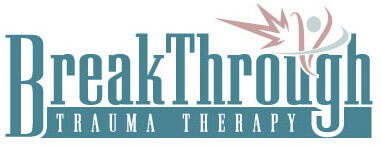Is anxiety taking over your life? Does it feel like you can’t control it no matter how hard you try? Have you already tried therapy but found it ineffective?
it no matter how hard you try? Have you already tried therapy but found it ineffective?
If this sounds like you, I’m confident we can help. My practice offers the most effective forms of treatment, to get the relief from the anxiety that you deserve.
When it comes to treating anxiety disorders, research shows that therapy is usually the most effective option. That’s because anxiety therapy – as opposed to anxiety medication – treats more than just symptoms of the problem.
Often, these are the symptoms of anxiety:
- Nervousness, restlessness, or being tense
- Feelings of danger, panic, or dread
- Rapid breathing or hyperventilation
- Increased or heavy sweating
- Trembling or muscle twitching
- Weakness or lethargy
- Difficulty focusing or thinking clearly about anything other than the thing you’re worried about
- Insomnia
- Obsessions about certain ideas, a sign of obsessive-compulsive disorder
- Anxiety surrounding a particular life event or experience that has occurred in the past is a sign of post-traumatic stress disorder
Therapy can help you to uncover the underlying causes of your worries and fears, learn how to relax, look at situations in a new, less frightening way, and develop better-coping mechanisms and problem-solving skills.
Diagnostic Criteria for Generalized Anxiety Disorder
When assessing for GAD, clinical professionals are looking for the following:
-The presence of excessive anxiety and worry about a variety of topics, events, or activities. Worry occurs more often than not for at least six months and is clearly excessive.
 -The worry is experienced as very challenging to control. The worry in both adults and children may easily shift from one topic to another.
-The worry is experienced as very challenging to control. The worry in both adults and children may easily shift from one topic to another.
The anxiety and worry are accompanied by at least three of the following physical or cognitive symptoms (In children, only one of these symptoms is necessary for a diagnosis of GAD):
-Edginess or restlessness
-Tiring easily; more fatigued than usual
-Impaired concentration or feeling as though the mind goes blank
-Irritability (which may or may not be observable to others)
-Increased muscle aches or soreness
-Difficulty sleeping (due to trouble falling asleep or staying asleep, restlessness at night, or unsatisfying sleep)

